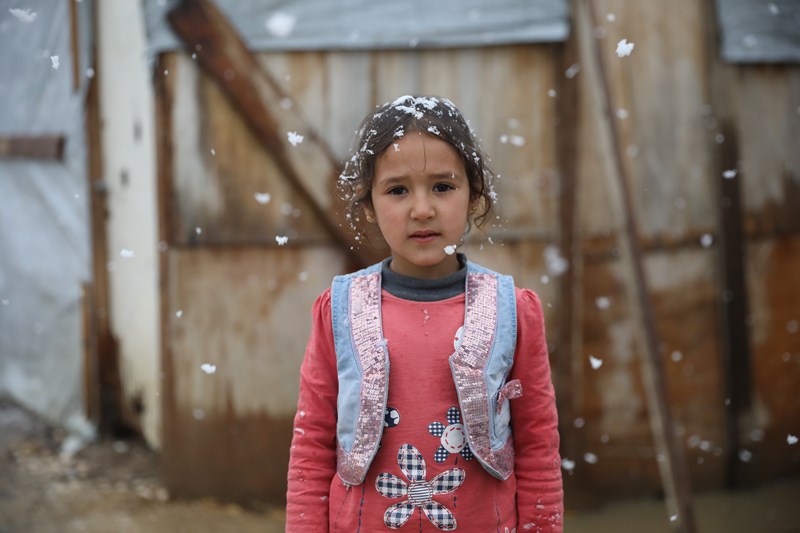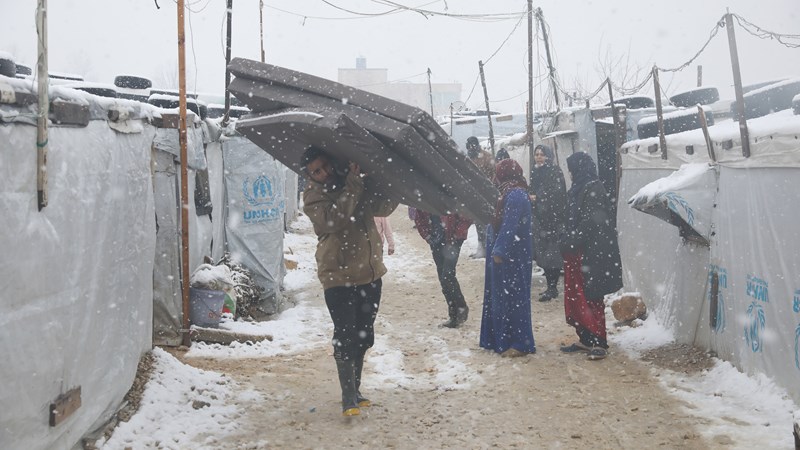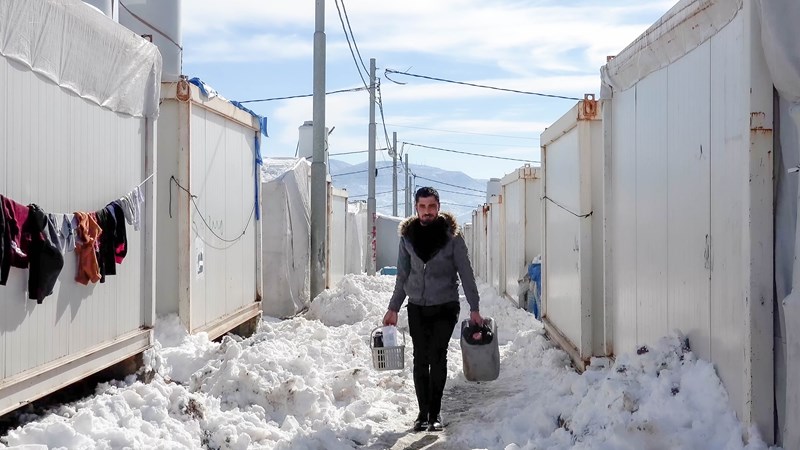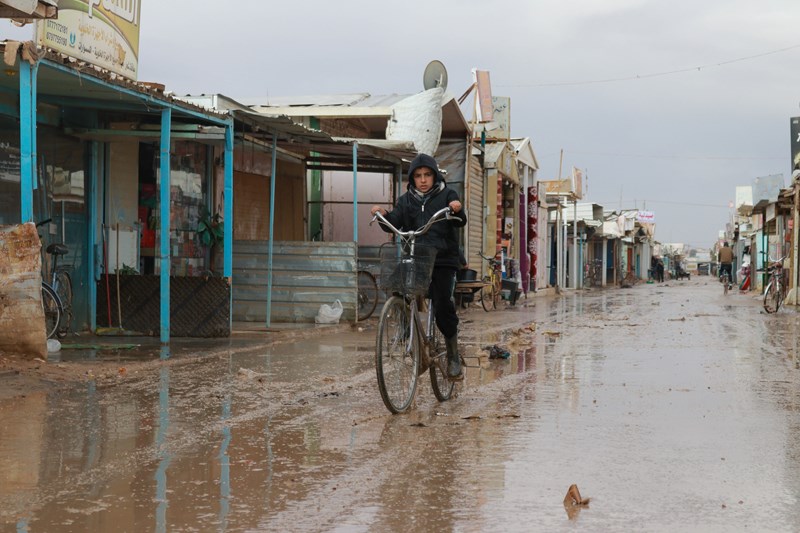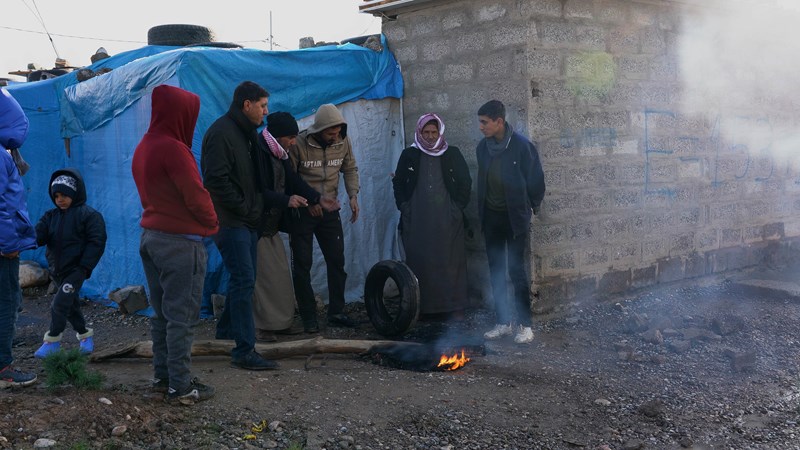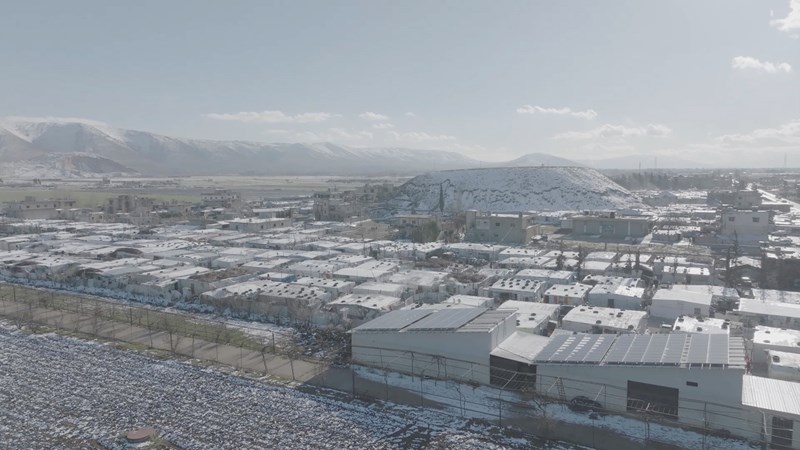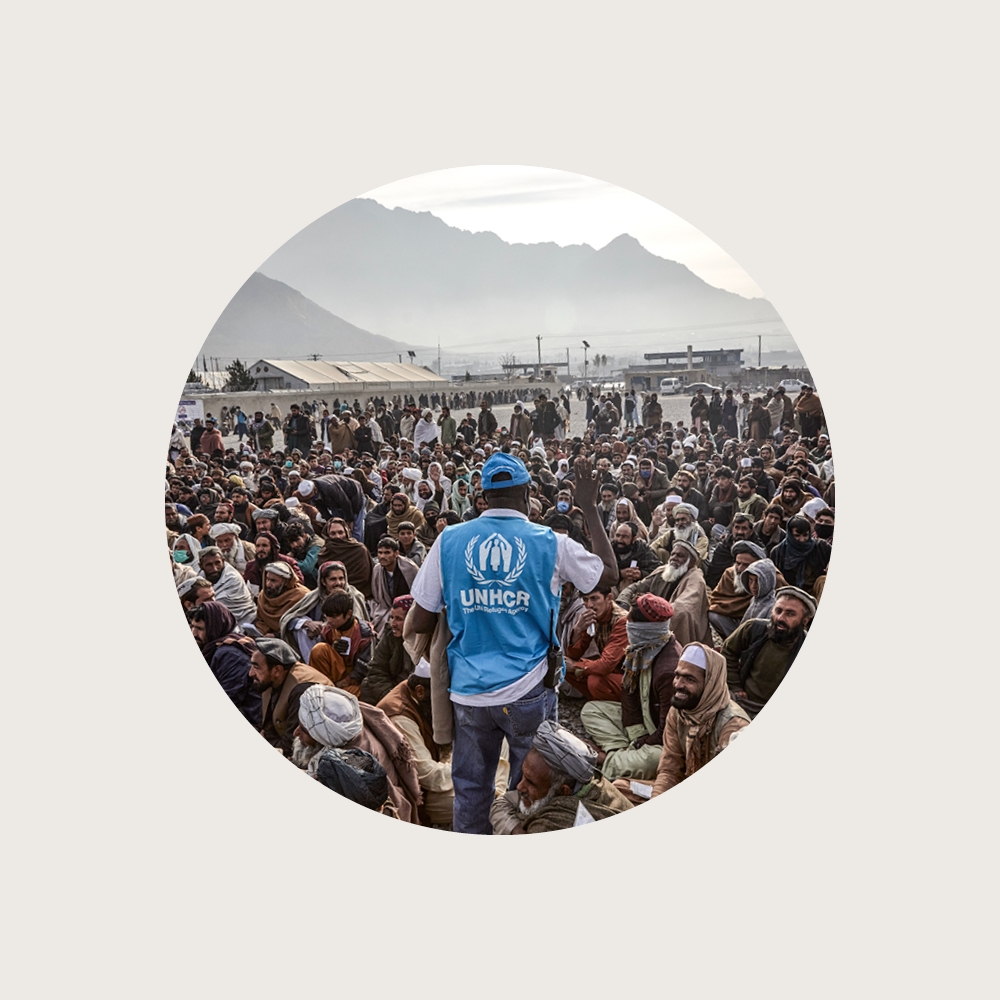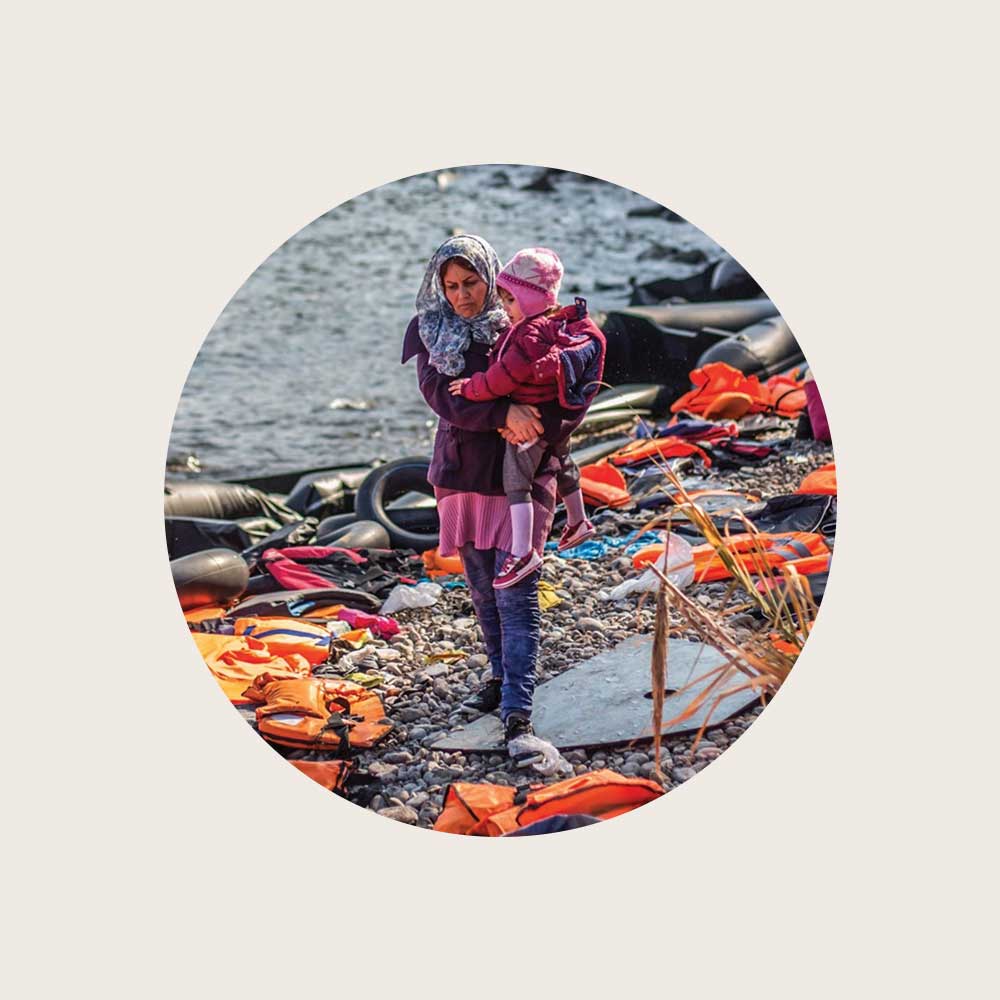In the mountainous north of the Kurdistan Region of Iraq, winter temperatures regularly fall below zero. Last year, the area endured the heaviest rain and snow it had seen in more than 40 years, blocking roads, closing schools, and flooding the shelters where tens of thousands of internally displaced and refugee families live.
This winter, with food and fuel prices only rising, the conditions are expected to be even harsher, forcing families to endure months of freezing temperatures in poorly heated homes with limited food rations. For many Syrian refugees in Iraq, it will be their 12th winter away from home, exposed to the elements and more vulnerable than ever.
Elsewhere in the region, millions of other refugees and displaced groups are also struggling. This is particularly the case in Lebanon, where soaring inflation and the loss of employment opportunities are on the rise due to the worsening economic situation there.
Meanwhile, in Jordan, over one third of Syrian refugees living in urban areas have gone into debt to cover their basic living expenses, a more than three-fold increase on 2018, while in Egypt displaced families are reporting a 7.4 percent year-on-year increase in their household bills and fuel costs.

